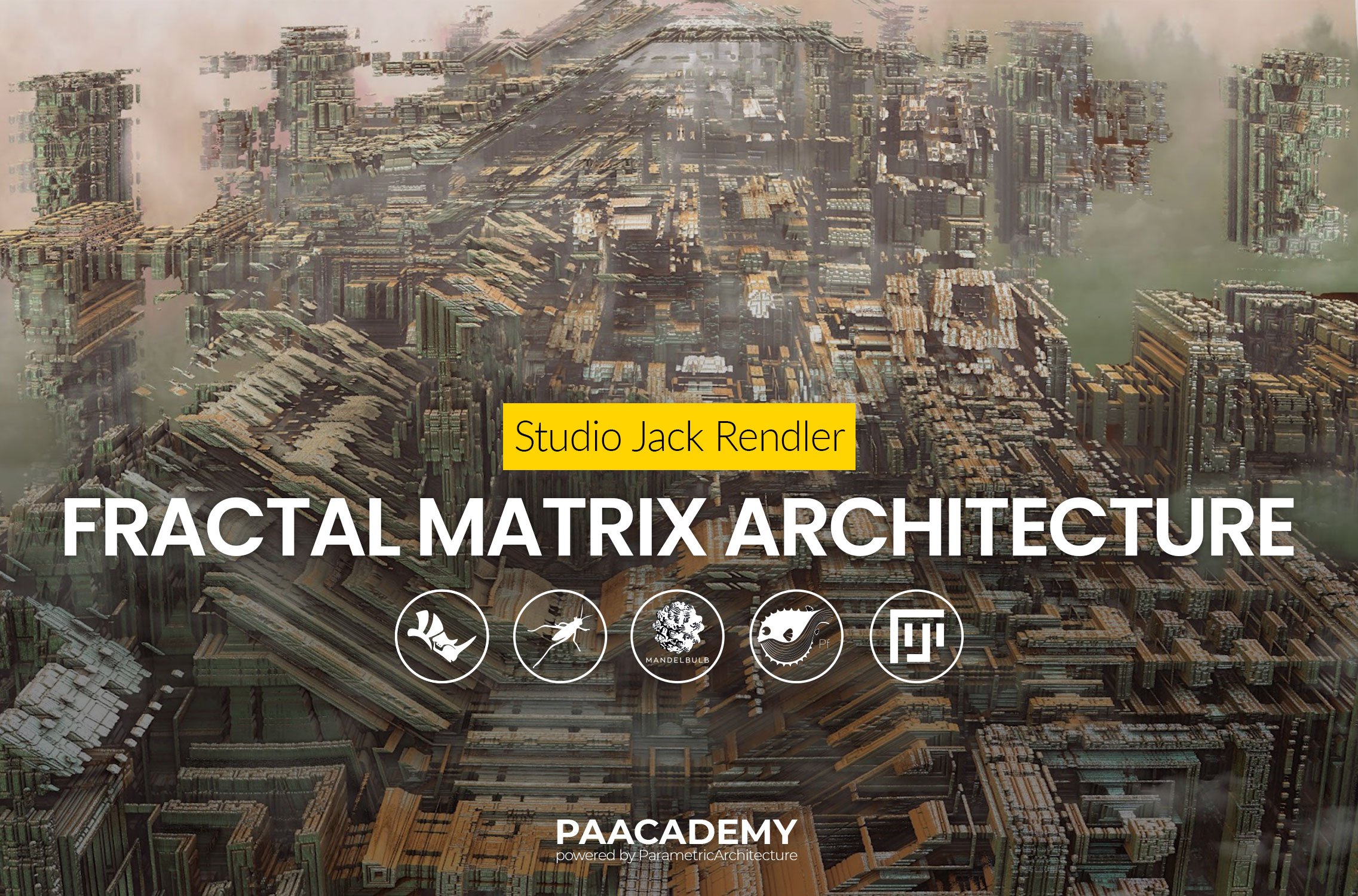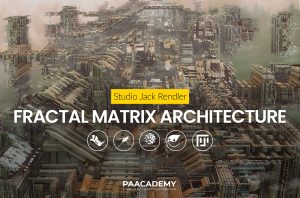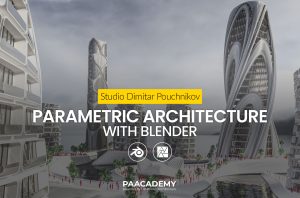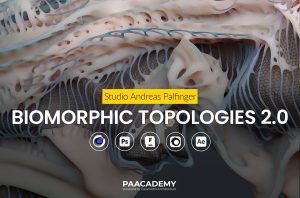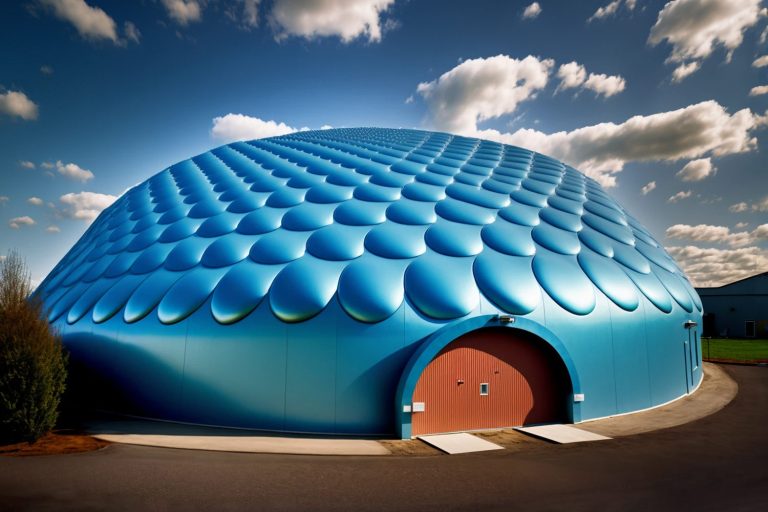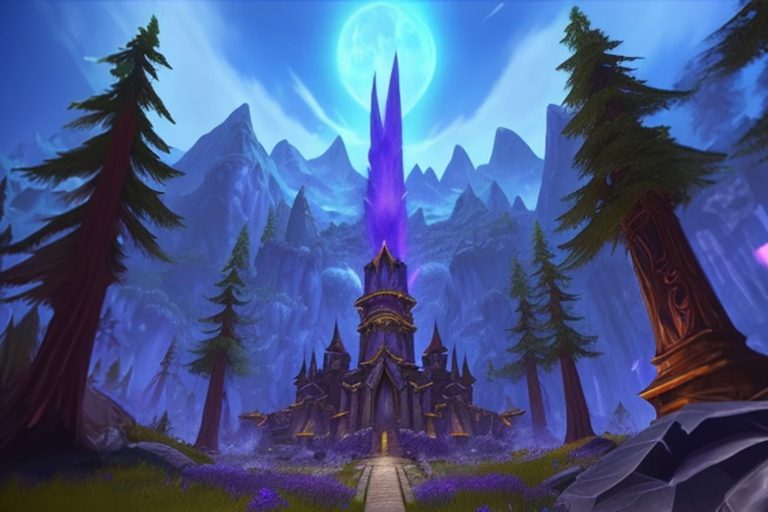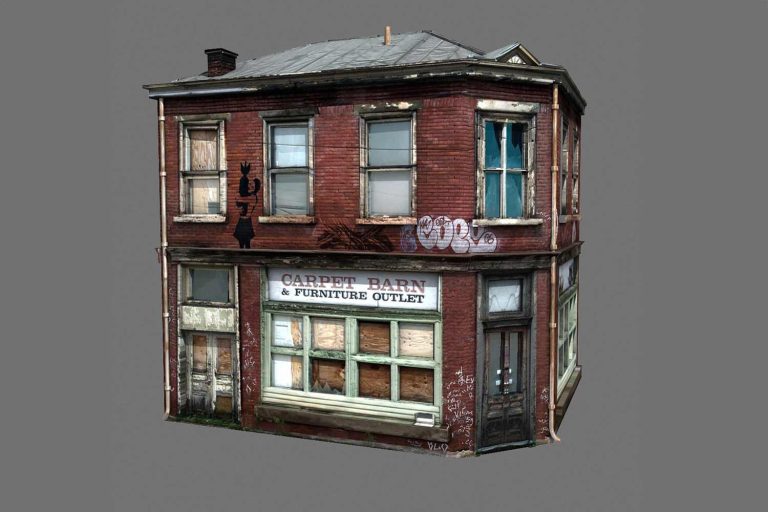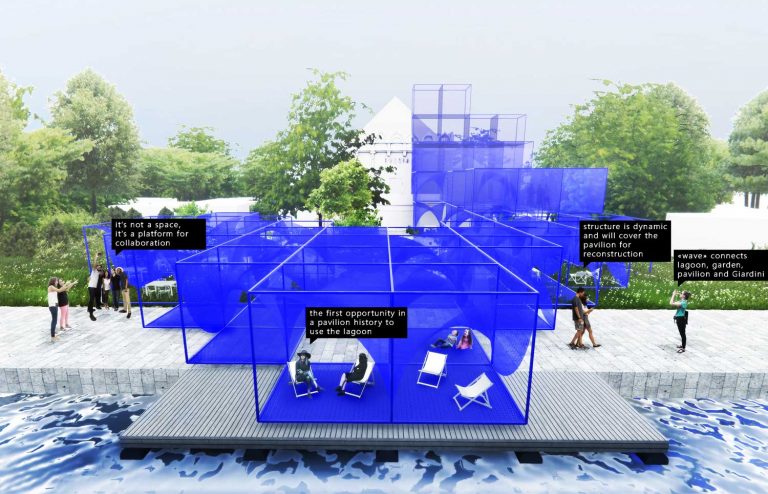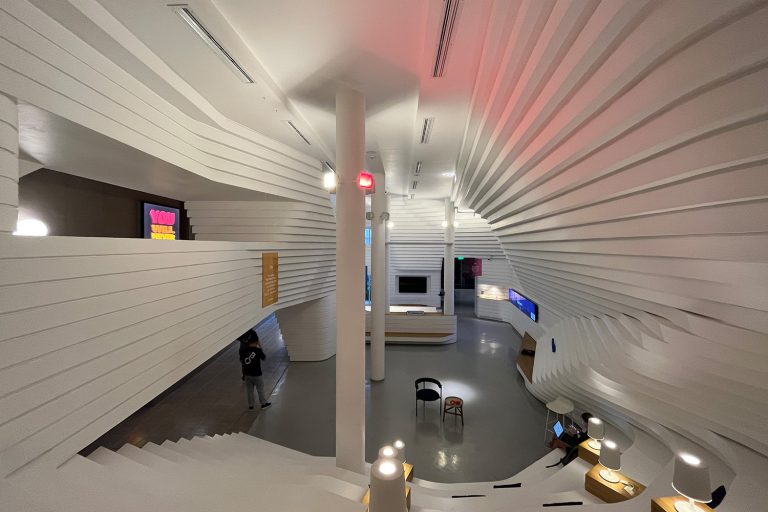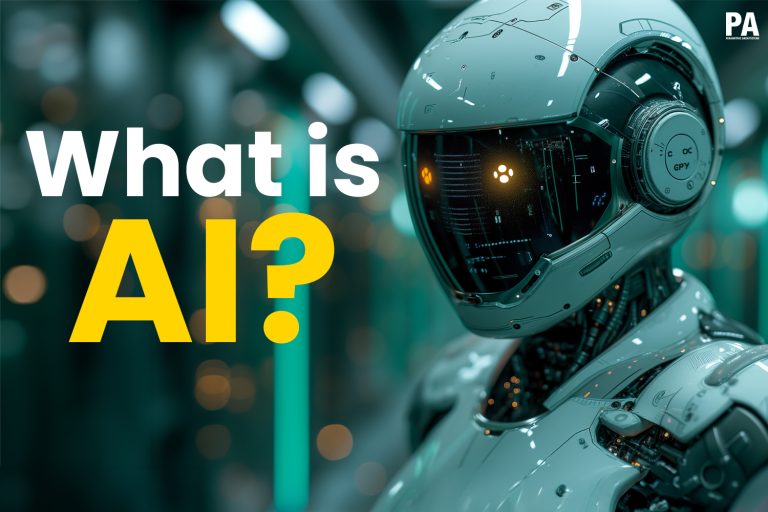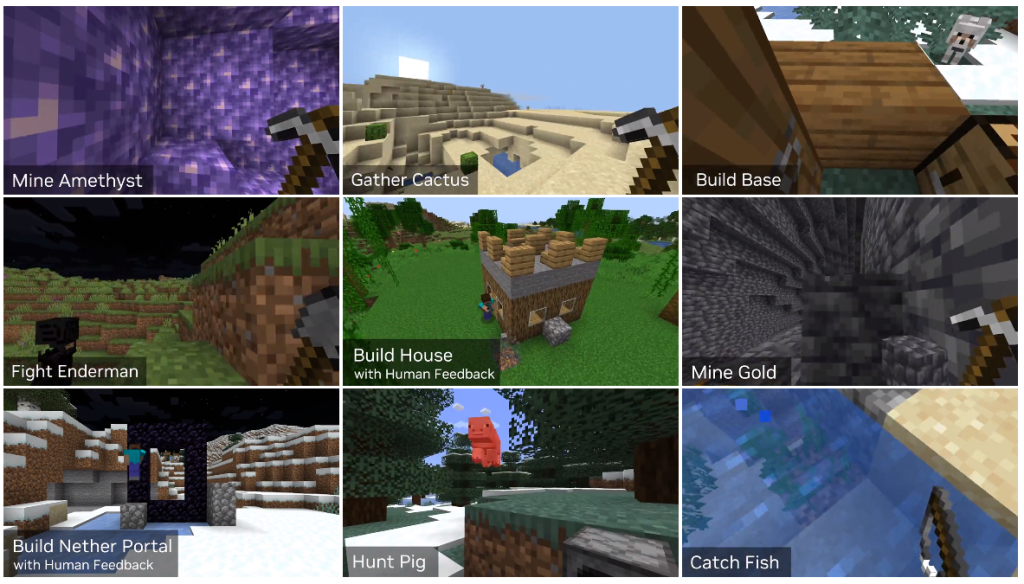
A team of researchers from NVIDIA, Caltech, UT Austin, Stanford, and ASU developed a Minecraft bot called ‘Voyager’ that employs GPT-4 to solve challenges in the game. The language model creates objectives that assist the agent in exploring the game, as well as code that enhances the bot’s game expertise over time.
According to the research paper titled “Voyager: An Open-Ended Embodied Agent with Large Language Models“, the bot does not play the game like a human, but it can access the game’s state directly through an API. It might observe a fishing rod in its inventory and a nearby river, for example, and use GPT-4 to advise that it go fishing to acquire experience. It will then use this aim to instruct GPT-4 to generate the code required for the character to achieve it. “Voyager is able to utilize the learned skill library in a new Minecraft world to solve novel tasks from scratch, while other techniques struggle to generalize,” the researchers report.
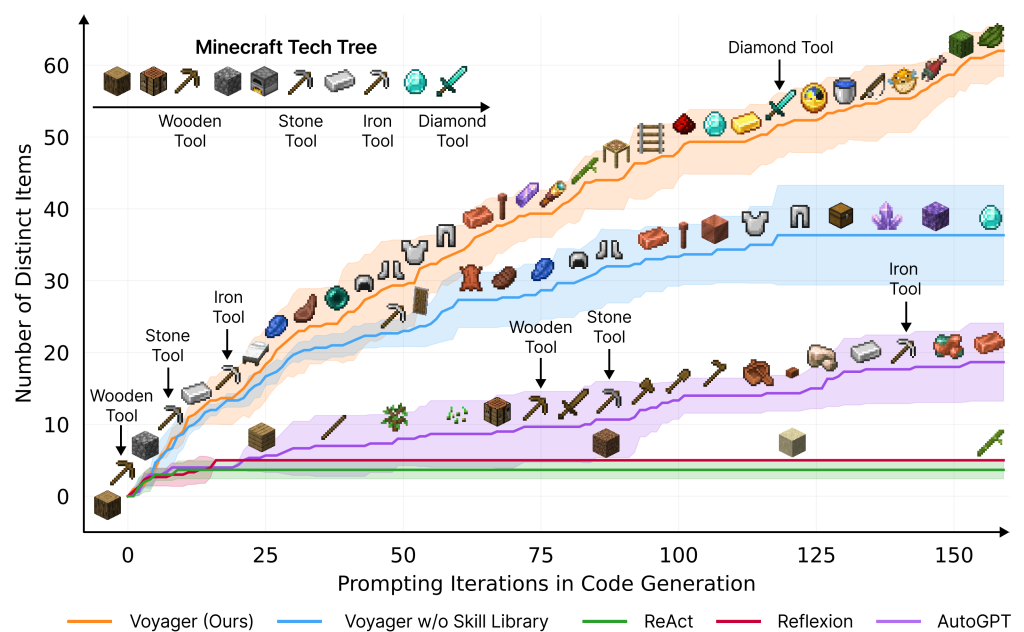
The code generated by GPT-4 to add behaviors to the bot is the most novel aspect of the project. If the code initially proposed does not execute flawlessly, Voyager will attempt to enhance it using error messages, game feedback, and a description of the code created by GPT-4. According to a research paper, “Voyager interacts with GPT-4 via black box queries, which bypasses the need for model parameter fine-tuning. The skills developed by Voyager are temporally extended, interpretable, and compositional, which compounds the agent’s abilities rapidly and alleviates catastrophic forgetting. Empirically, Voyager shows strong in-context lifelong learning capability and exhibits exceptional proficiency in playing Minecraft.”
The bot accumulates a code library over time in order to learn to develop increasingly sophisticated things and explore more of the game. Voyager demonstrates the enormous potential for language models to execute useful activities on computers.
Guanzhi Wang of NVIDIA and CalTech, Yuqi Xie of the University of Texas at Austin, Yunnan Jiang of Stanford, Ajay Mandlekar of NVIDIA, Chaowei Xiao1 of NVIDIA and ASU, Yuke Zhu of NVIDIA, Linxi Fan of NVIDIA, and Anima Anandkumar of NVIDIA and Caltech are the project’s researchers and advisors.




